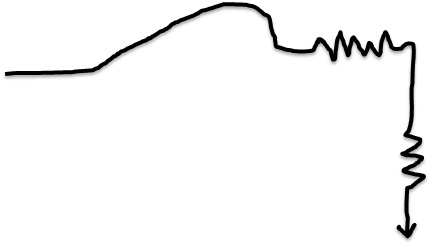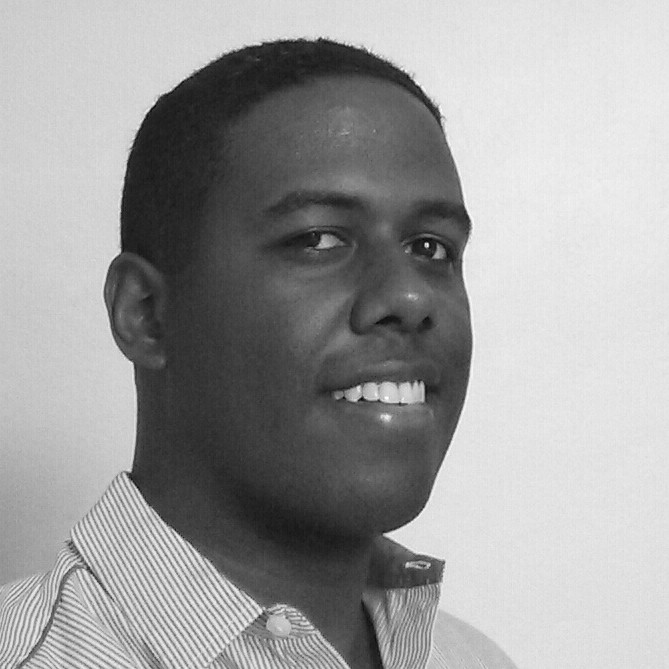This is the first of a two part series dealing with how to become an expert in any field that you choose. This post was informed by the book Mastery - The Keys to Success and Long-Term Fulfillment by George Leonard and will explain the principles of Mastery using the concepts introduced by the author.
The Modern Mindset###
To frame the discussion, it is important to draw the attention of the reader to the culture of instant gratification which permeates western society. Our egos and desires are stimulated by the steady flow of subtle and direct messages we receive via the various media channels we are exposed to: be it cable television, billboards, print ads, social media or the internet in general. We are brainwashed into holding a certain image of ourselves and believe that we must attain certain material possessions and accomplish various goals in order to have a life worth living.
This leads many of us to unconciously pursue this image leading to many serious complications: a common trait is living above one's means and incurring sizable financial liabilities which we are unable to handle, forcing us to decare bankruptcy, sell our home etc .The author summarizes the modern state of mind beautifully by saying we expect our lives to be one climax after another with each one being greater than the previous. The graph below (adapted from the book) shows our expectations for the trajectory of our lives.

The Usual Approaches to Learning###
The average person may look at an icon of business and entrepreneurship such as Sir Richard Branson and think to themselves "I can get there with 2 years of hard work" or "I just need to find a big break in order to be the next Mark Zuckerberg"; however this is not the approach of an individual who will truly become a master of their chosen field. There are a number of approaches that we generally take to learning, none of which are the Master's path. It is humbling to realize which category we fall under:
The Dabbler####

This is the type of person who truly enjoys all the activities associated with undertaking a new adventure or pursuit. So much so, that they are always undertaking a new adventure or pursuit! If The Dabbler begins scuba diving, they will enjoy the process of finding an instructor, starting lessons and shopping for the required equipment however after a while the novelty of this activity will wear off and they will begin a new activity; enjoying the process of starting up once more.
The Obsessive####

The Obsessive is the type of person who fully immerses themself in any new activity that they undertake, pouring all their passion and energy into it. This type of learner will experience marked improvement at first but will eventually experience burn out because of the unsustainable efforts that they have put in to achieve their progress. This will cause their participation in the activity to eventually grind to a halt.
The Hacker####

The Hacker is the type of learner who is not at all interested in the hard work associated with learning a new skill. Instead, they are content with searching for shortcuts to help them achieve some level of proficiency. While there may be some progress using this method; there will eventually be a point where further progress is impossible without significant work and dedication. This is the point where The Hacker's learning ceases.
The Master's Journey###

To truly become an expert in an area of interest; the journey of the Master must be taken. This approach recognises Mastery as a dynamic concept rather than a static one; the student of this approach will recognise that progress will follow the Mastery Curve illustrated above which involves progress being achieved only after a plateau. One must truly love the activity being mastered in order to continue working towards improvement. Importantly, when plateaus are experienced the reaction should be one of embracing the plateau rather than than becoming frustrated at the perceived lack of progress. A quote from Michael Jordan summarises this concept:
I've missed more than 9000 shots in my career. I've lost almost 300 games. 26 times, I've been trusted to take the game winning shot and missed. I've failed over and over and over again in my life. And that is why I succeed.
In part 2, we will discuss The 5 Keys to Mastery which will detail the specific actions that an individual may take in order to achieve this state.
 Matthew Stewart.
Matthew Stewart.